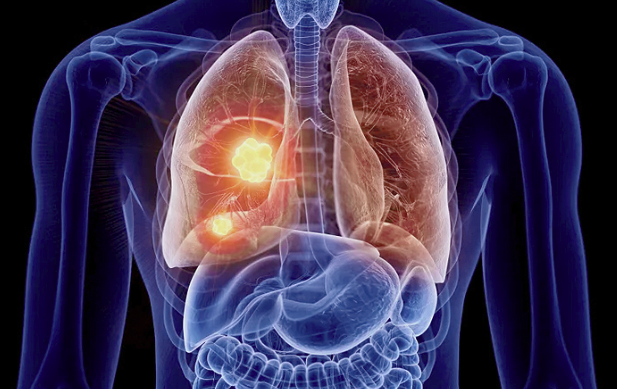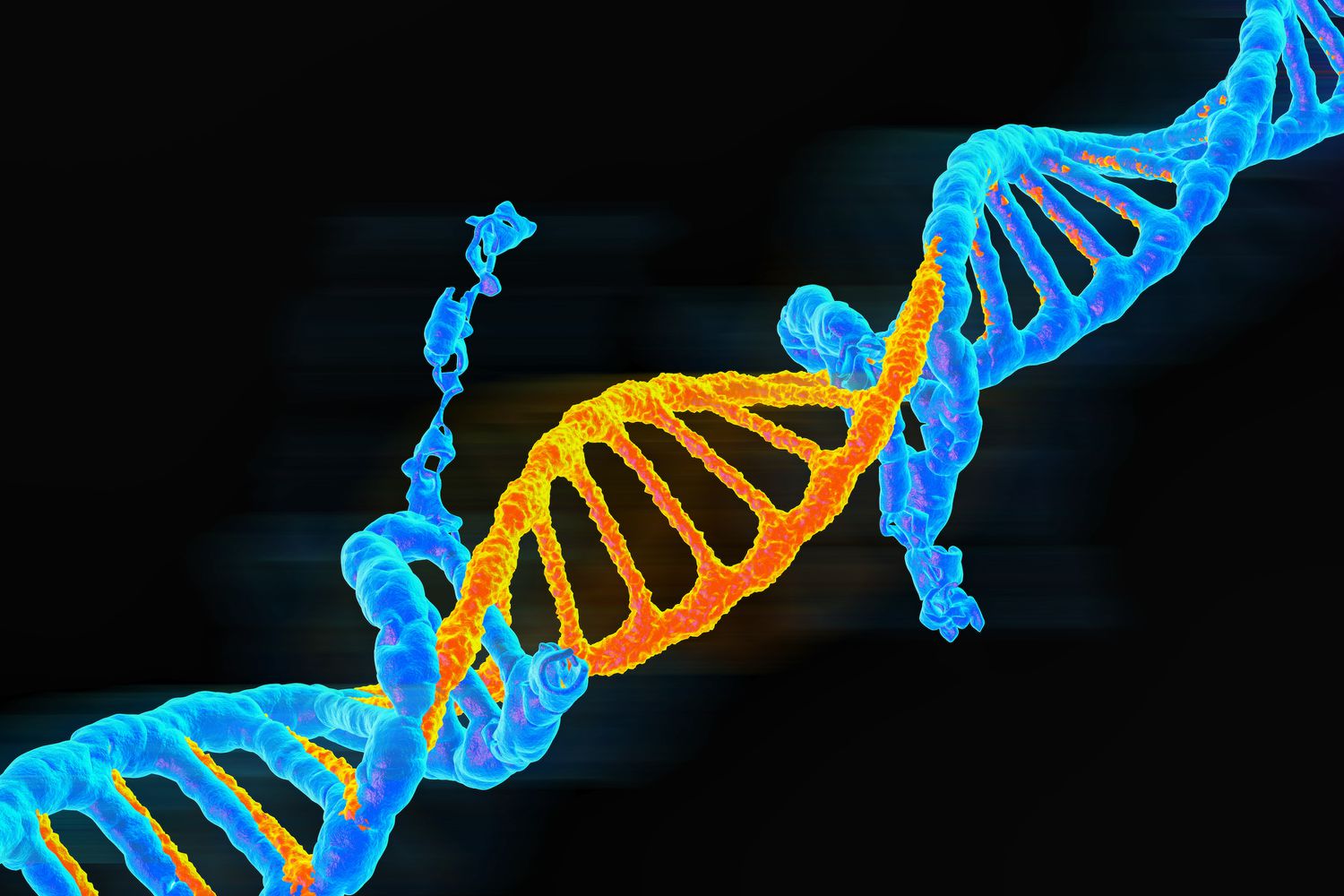Lung cancer has traditionally been connected to smoking; however, in recent decades, there has been a large increase in instances among those who have never smoked. This phenomena has prompted researchers to look into other risk factors, such as environmental pollution, chemical exposure, and genetic predispositions, that may impact illness development.
In 2017, almost 1.57 million new cases were reported in men and over 900,000 in women, highlighting the global scope of the issue. These findings emphasize the need of knowing the numerous factors that may contribute to the development of lung cancer in persons with no history of smoking, including environmental pollution, genetic predispositions, and lifestyle variables.
Definition and Scope of the Problem

Lung cancer is defined as the uncontrolled proliferation of cells in lung tissue, which compromises respiratory function. Although tobacco remains the leading risk factor, 10% to 20% of confirmed cases occur in people who have never smoked. According to the aforementioned study, adenocarcinoma is the most prevalent subtype, particularly among women (59.7% of female cases), accounting for 45.6% of male cases.
Air pollution and environmental issues
Air pollution is one of the leading causes of lung cancer in nonsmokers. PM2.5 and PM10 concentrations frequently exceed permissible values in cities or places with high industrial activity, increasing the risk of chronic inflammation and malignant mutations in lung cells. The information presented in the worldwide analysis shows that East Asia and North Africa have the greatest incidence rates for various subtypes.

Radon, a radioactive gas that originates underground, has also been recognized as a risk factor. Even if residents have never smoked, the accumulation of radon in restricted quarters without sufficient ventilation can put them at risk of developing cancer. As a result, regular measurement checks and adequate ventilation are recommended, particularly in areas with high natural quantities of this gas.
Effects of genetics and particular mutations
Nonsmokers’ susceptibility to lung cancer is determined by genetic predisposition. Mutations in genes such as EGFR, ALK, and KRAS have been found to promote tumor growth without the presence of carcinogenic chemicals in tobacco. The hereditary component increases the probability of getting the condition, emphasizing the significance of medical surveillance in persons with a family history.

The role of lifestyle and diet.
Although it is a less-discussed element, lifestyle is nonetheless important for understanding lung cancer risk. A diet low in fruits and vegetables may decrease the availability of antioxidants and micronutrients necessary for cellular defense. Sedentary lifestyles and obesity are linked to chronic inflammatory processes that can impair the body’s ability to fight cancer.

Improvements in early detection and diagnosis
Early identification is critical for lowering lung cancer mortality. Low-dose computed tomography (CT) has gained popularity as an efficient approach for detecting lung nodules in their early stages, however its usage remains limited in the non-smoking population. The latest population-based study emphasizes the significance of developing better screening criteria that consider geographic variability and distinct subtypes.




